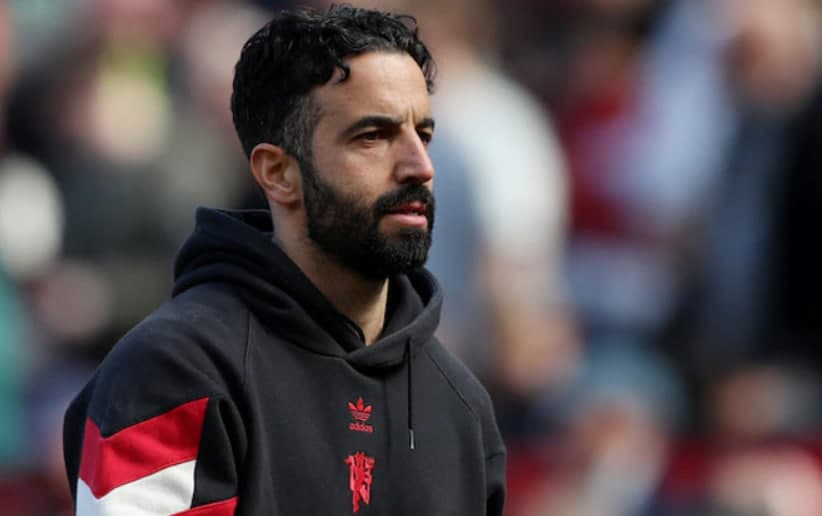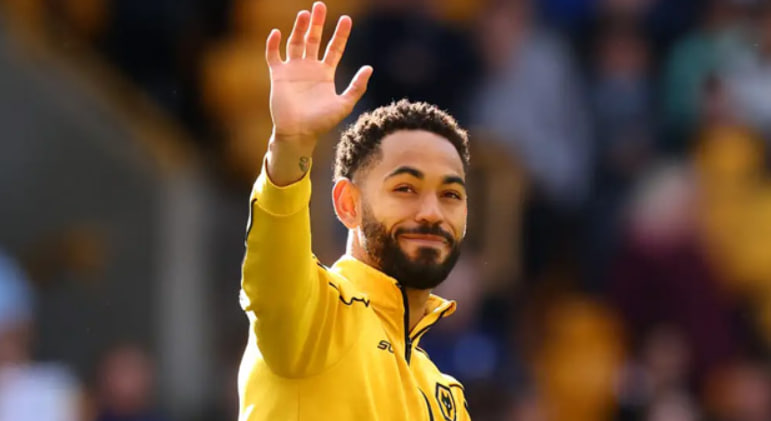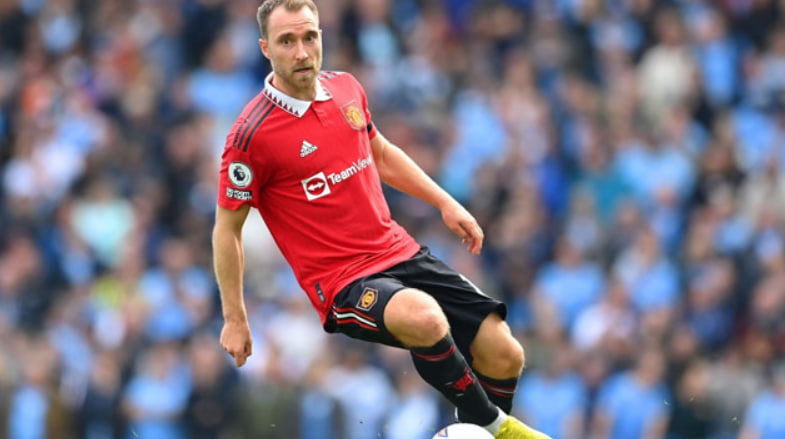The long-established football club Manchester United has recently encountered a major problem: it is running out of money.
Although British billionaire Sir Jim Ratcliffe has invested £238.5 million in the club since becoming a minority shareholder, Manchester United will only have £73.2 million in cash left by the third quarter of 2025.
This figure may seem substantial, but in the world of football, it is not enough.
According to the latest financial report, Manchester United’s cash flow decreased by £22.5 million in the three months from January to March this year. Although this result is slightly better than the same period last year (only £67 million), this is mainly because Ratcliffe spent a lot of money to buy 28.9% of the club’s shares.
The issue now is that the summer transfer window is fast approaching, and Manchester United aims to sign several new players, such as Matheus Cunha and Bryan Mbeumo. However, the problem is that they lack the necessary funds to support these transactions.
Last week, Manchester United reached an agreement with Wolves over the transfer of Cunha, but Wolves are insisting on receiving the full transfer fee in three installments over two years, rather than accepting Manchester United’s proposal of a five-year payment plan totaling £62.5 million. This presents a challenge for Manchester United.
However, there is some good news: Manchester United has access to a “revolving credit facility” that allows them to borrow up to £90 million. If they choose to borrow more, they could complete some transfer deals. However, doing so would increase Manchester United’s total debt to £713.2 million, a very significant figure.
In fact, as early as March this year, Ratcliffe warned everyone that if measures were not taken to cut costs, such as laying off up to 450 people, Manchester United could run out of funds before Christmas.
Even if Manchester United does not sign any new players this summer, they will still need to pay a significant amount of money to settle the remaining portions of existing players’ contracts.This amount is approximately £89 million and involves players such as Casemiro, Onana, and Hoilund.
According to the data, as of the end of March, Manchester United had spent £195.6 million on player transfers this season alone. This figure is £41.9 million more than the entire spending for last season.
Despite their mediocre performance in the Premier League, where they currently sit in 15th place, Manchester United has raised its revenue forecast for the 2024/25 season to between 660 million and 670 million pounds, and believes it could reach the upper limit.
Over the past year, Manchester United’s TV broadcast revenue decreased by £49.1 million, primarily due to their failure to qualify for the Champions League and poor league performance. However, matchday ticket revenue increased by £18.5 million (an 18% increase), and commercial partnership revenue rose by £13.4 million (a 6% increase), which helped offset some of the losses.
Due to missing out on the Champions League and the January loan returns of several high-earning players (such as Rashford, Anthony, and Malasia), Manchester United’s wage bill decreased by £42.6 million compared to the previous season. As of March 31, their total wage bill dropped by 15%, the lowest since the 2019/20 season.
In addition, Manchester United spent an additional £2.7 million in the third quarter on management restructuring and employee severance costs.
Manchester United is indeed facing considerable financial pressure. Although owner Ratcliffe has invested a lot of money, the team’s operating costs are very high, especially in terms of transfers and player salaries. If they cannot effectively control spending, the transfer market in the coming months could become very tight.
For fans, this means that Manchester United may no longer be able to spend freely on transfers as they did in the past. They may adopt a more cautious approach in selecting targets or explore alternatives such as loan signings to strengthen the squad.
In summary, this summer’s transfer window will be a crucial test for Manchester United. Their ability to make the right decisions within budget constraints will be a pivotal step in shaping the club’s future.





